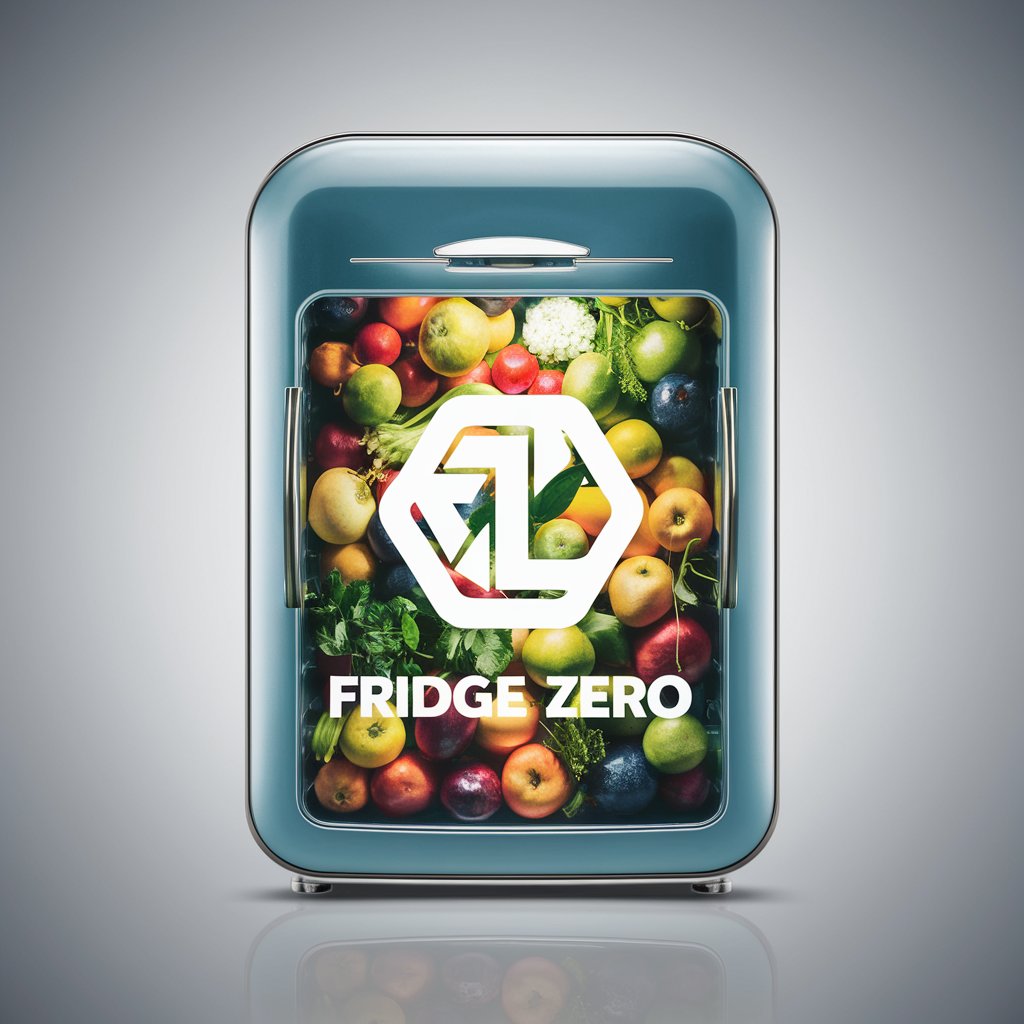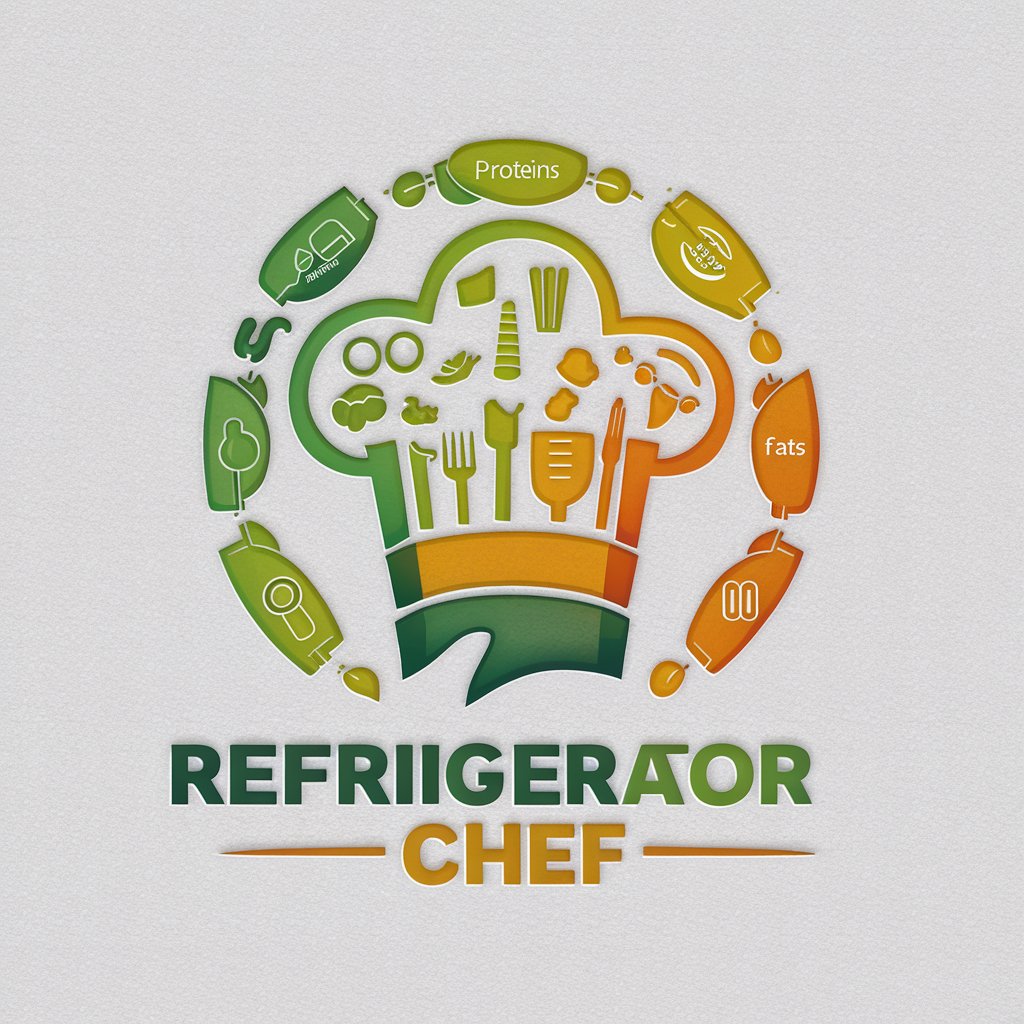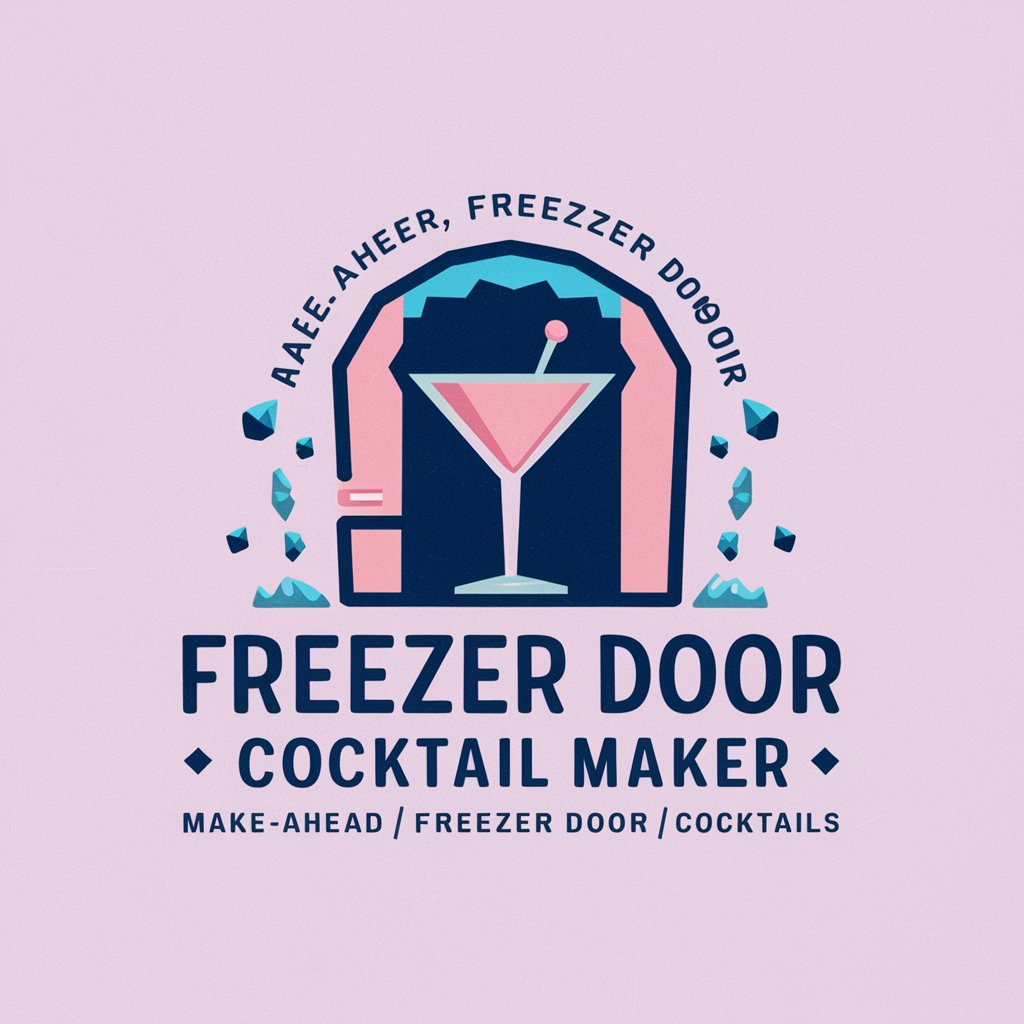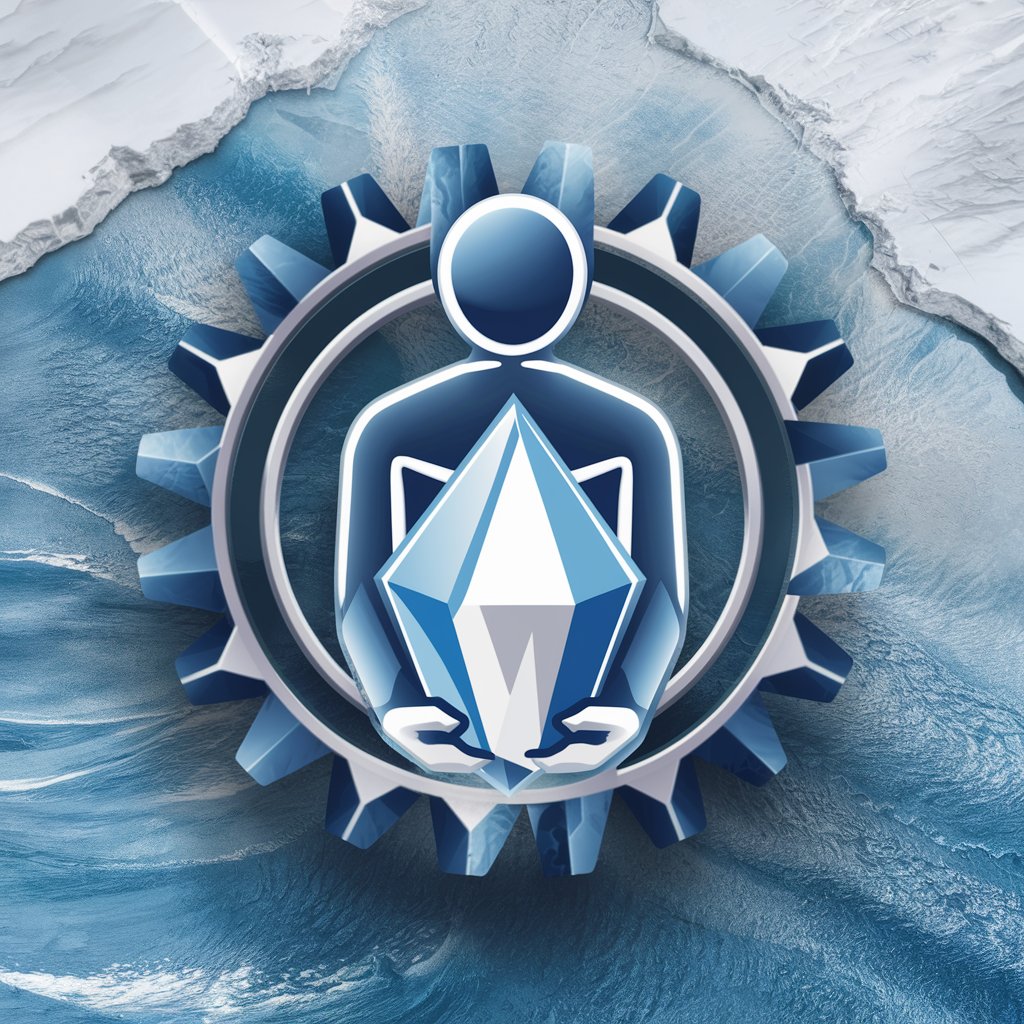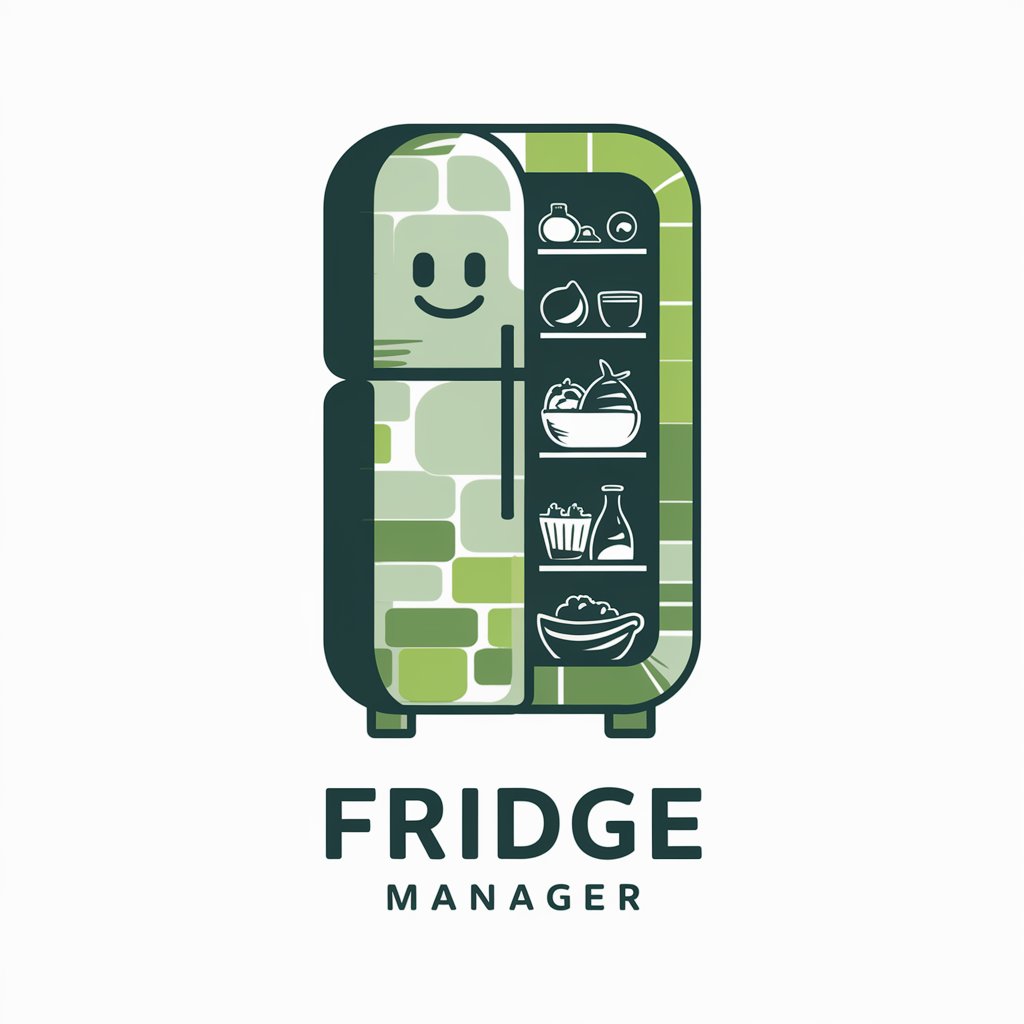
Ice Maker - Appliance Insights and Support
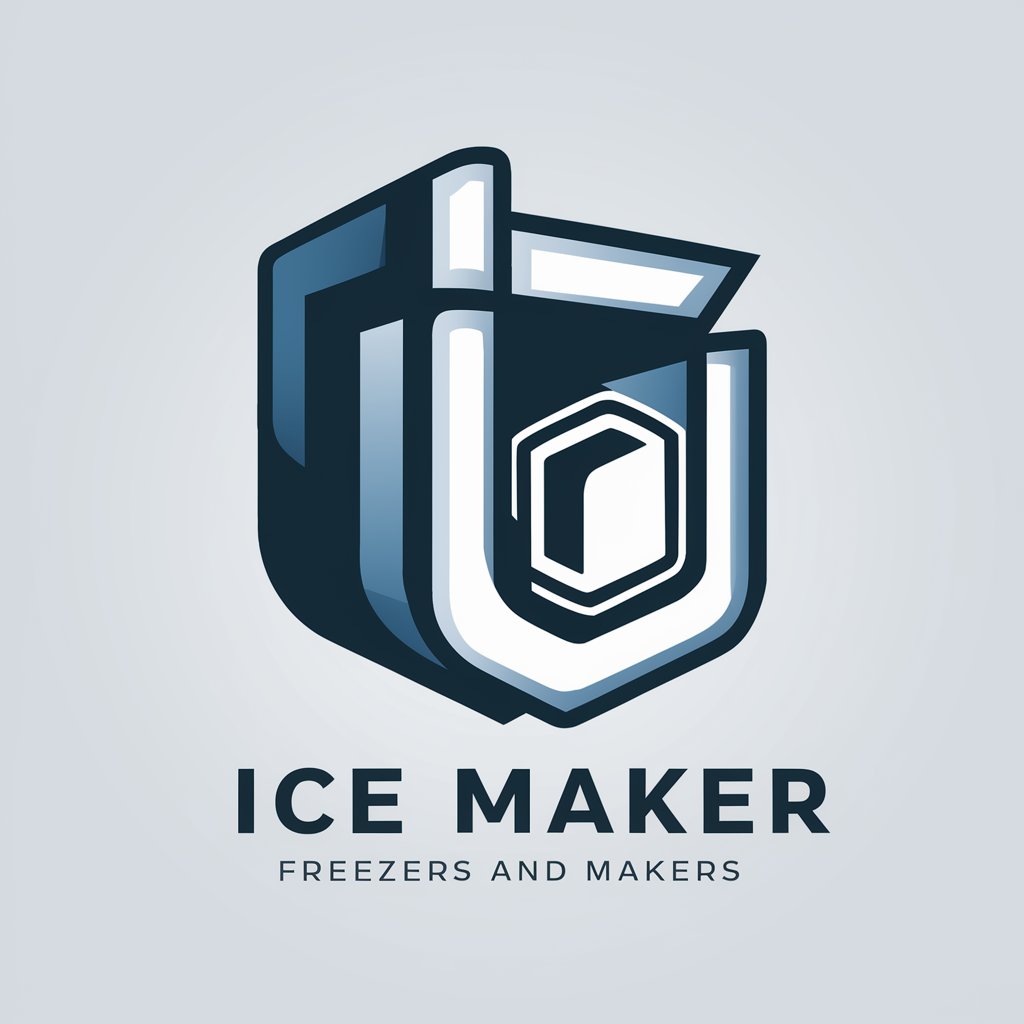
Welcome! I'm here to help you with all things freezers and ice makers.
Empowering your cooling solutions with AI
What are the key features to look for in a high-quality ice maker?
Can you compare different types of freezers for home use?
What are some tips for maintaining a freezer to ensure it runs efficiently?
How do I choose the right size of ice maker for my needs?
Get Embed Code
Understanding Ice Makers
Ice Makers, integral components of modern refrigeration units or standalone appliances, are designed to automate the ice production process. Traditionally, ice was made using ice trays filled with water and frozen in a freezer compartment. This manual method was time-consuming and required significant freezer space. Ice Makers eliminate these inconveniences by continuously producing ice without manual intervention. They work by filling a mold with water, freezing it into ice, and then ejecting the ice into a bin, ready for use. This cycle repeats, ensuring a constant supply of ice. Common scenarios include households hosting parties needing to chill beverages, restaurants serving drinks to a large number of customers, or healthcare facilities requiring ice for medical purposes. Powered by ChatGPT-4o。

Key Functions of Ice Makers
Automatic Ice Production
Example
A family hosting a summer BBQ party
Scenario
The ice maker continuously supplies ice, ensuring guests have chilled drinks throughout the event without the need for manual tray refilling.
Different Ice Shapes and Sizes
Example
A cocktail bar specializing in craft cocktails
Scenario
The bar uses an ice maker that produces clear, large cubes ideal for slow-melting in premium spirits, and crushed ice for juleps and mojitos, enhancing the drink presentation and taste.
Self-Cleaning Cycle
Example
In healthcare settings, such as hospitals
Scenario
The ice maker's self-cleaning function is used to ensure the ice is free from contaminants, meeting the strict hygiene standards required in medical environments.
Who Benefits from Ice Maker Services
Homeowners
Homeowners benefit from the convenience of having a steady ice supply for daily use, entertaining guests, or for use in coolers for picnics and outings.
Food and Beverage Industry
Restaurants, bars, and cafes rely on ice makers to meet the high demand for chilled beverages, especially in peak times or warm climates, improving service efficiency and customer satisfaction.
Healthcare Facilities
Hospitals and clinics use ice makers for medical purposes, such as swelling reduction, hydration, or lab uses, requiring consistent and hygienic ice production.

Using Ice Maker: A Step-by-Step Guide
Begin with a Free Trial
Initiate your journey by accessing a complimentary trial at yeschat.ai, which requires no login or subscription to ChatGPT Plus.
Select Your Topic
Choose the specific topic or question you need assistance with related to freezers or ice makers to ensure tailored advice.
Input Your Query
Enter your question or topic of interest into the provided text box. Be as specific as possible to get the most accurate and helpful information.
Review the Guidelines
Familiarize yourself with any provided guidelines or tips to maximize the utility and accuracy of the information you receive.
Apply the Insights
Utilize the insights and information provided to make informed decisions about purchasing, maintaining, or troubleshooting freezers and ice makers.
Try other advanced and practical GPTs
Playlist Namer
Craft unique playlist names with AI

Académie d'Acupuncture
Empowering Acupuncture Mastery with AI

Out of the Loop
Stay informed with AI-powered insights

Damien Lemaître : Ingénieur Réseau
Optimizing Networks with AI Expertise

생기부 세특 작성기
Transforming Education with AI-Powered Insights

History Test
Empowering historical curiosity with AI

Article Structure Assistant
AI-powered article structuring for SEO

Inspirational Adam
Empower Your Journey with AI Guidance

Guía de Propuestas Innovadoras
Streamlining Innovation in Startup Proposals

SDGs
Empowering action towards global sustainability

Streaming Service
Stream Smarter with AI

Collectors
Empowering Collectors with AI

Frequently Asked Questions About Ice Maker
What types of ice makers are available?
Ice makers come in various types, including portable, built-in undercounter, and commercial models, each designed for different needs and spaces.
How do I clean and maintain my ice maker?
Regular cleaning involves removing ice bins, wiping surfaces with a mild detergent, and using a vinegar solution to descale and sanitize the water lines and ice-making components.
Can Ice Maker recommend the best ice maker for my home?
Yes, by analyzing your requirements, such as capacity, ice type, size, and usage frequency, Ice Maker can suggest options that fit your home's needs.
How energy-efficient are modern ice makers?
Modern ice makers are designed with energy efficiency in mind, often featuring energy-saving modes, improved insulation, and compliance with ENERGY STAR ratings.
What should I do if my ice maker stops working?
First, check for common issues like clogs or jams. If these aren't the problem, consult the manual for troubleshooting tips or contact a professional for repair.
